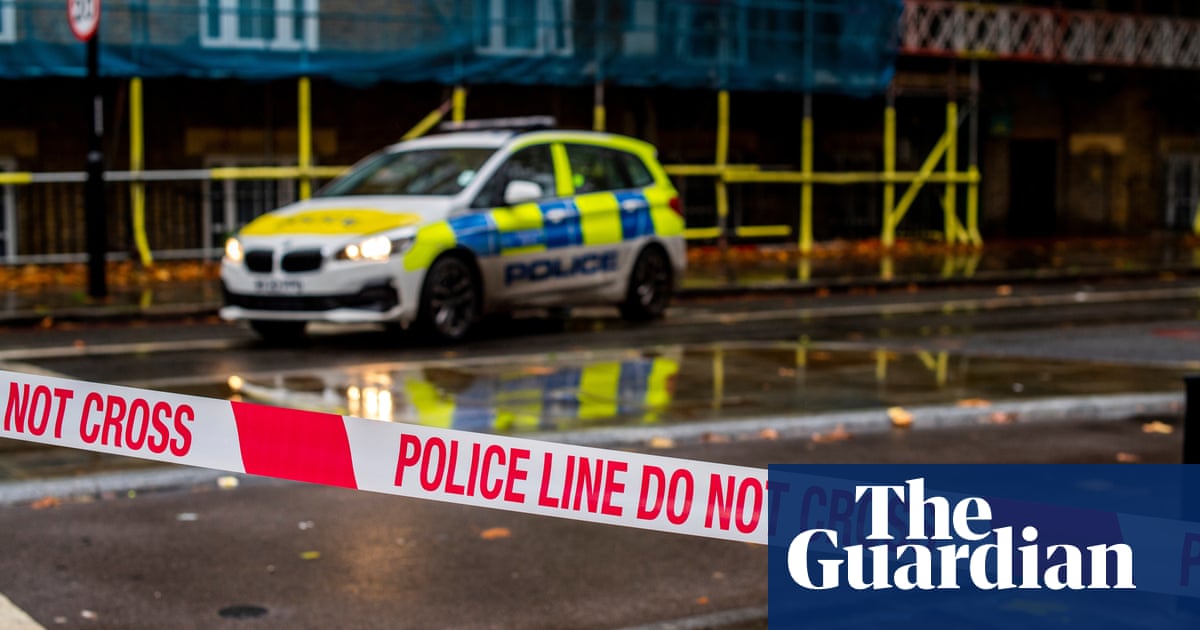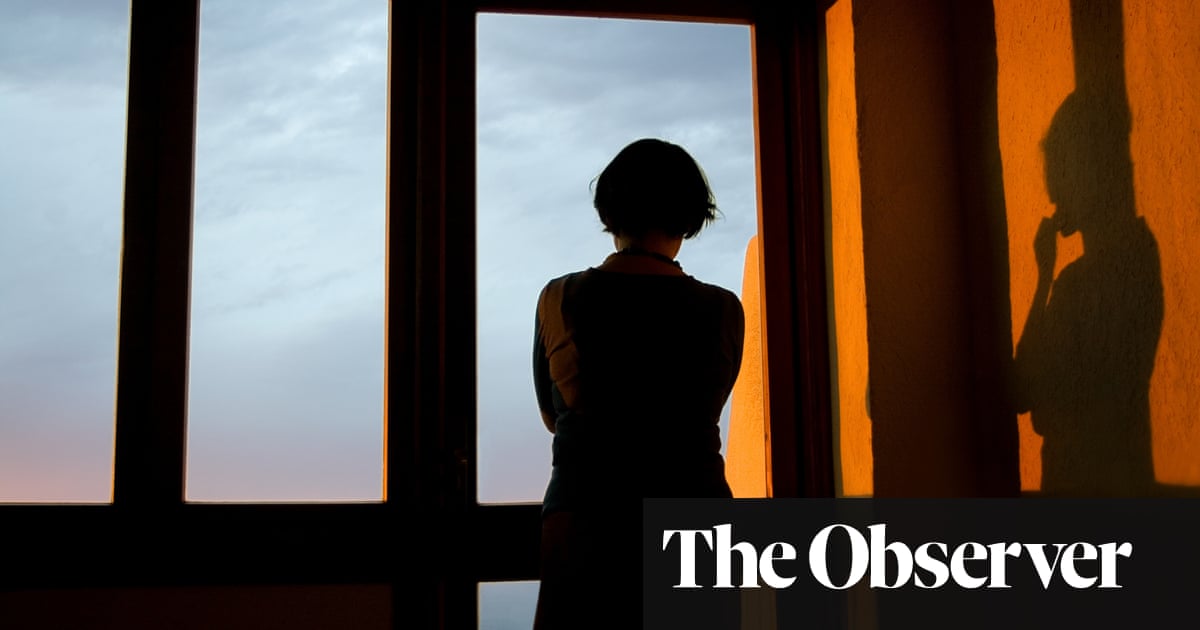
Judges will be empowered to intervene in cases of domestic abuse to prevent the complainant from being re-victimised by aggressive lines of questioning, as part of a new raft of legal changes announced today.
Victims will also be provided with separate entrances to court buildings and given their own waiting rooms as well as protective screens to shield them from former partners.
The reforms have been announced as the domestic abuse bill goes through its report stage in the Commons on Thursday. Some changes will be incorporated into the legislation.
The additional powers for ‘investigative’ or ‘inquisitorial’ judges to direct the course of hearings rather than following the adversarial approach of British justice will initially be developed in pilot programmes. Judges are being urged to adopt a more continental-style in the way they conduct their courtrooms – intervening and directing lines of questioning rather than merely letting lawyers for each side present their case.
There will also be trials of a “one family, one judge” system where family and criminal proceedings are combined to avoid victims having to relive traumatic experiences on multiple occasions. Judges will also be authorised to ban abusive ex-partners from repeatedly dragging their victims back to court.
An expert panel from charities, the judiciary, family law practitioners and academia have been advising on the reforms. They spoke to more than 1,200 individuals and organisations for a report, “Assessing risk of harm to children and parents in private law cases”, which is also published on Thursday.
Introducing the changes, the justice minister, Alex Chalk, said: “Every day the family courts see some of the most vulnerable in society and we have a duty to ensure they are protected and not put in danger.
“This report lays bare many hard truths about long-standing failings, but we are determined to drive the fundamental change necessary to keep victims and their children safe.”
Adversarial procedures in the family often worsen conflict between parents, re-traumatising victims and their children. Family court hearings sometimes enable abusers to continue hounding their victims through the courts.
The report says: “In reality, [family court] proceedings are brought by one parent and, especially where allegations of domestic abuse or child abuse are denied, are conducted on an adversarial basis where the court has to adjudicate between the two opposing parents, each trying to win the case.”
The Ministry of Justice is also to review the pivotal presumption of ‘parental involvement’ in care cases which encourages a child to maintain relationships with both parents, unless involvement of a parent is deemed to put the child at risk. The review will examine whether the correct balance is being struck between the risk of harm to children and their right to have a relationship with both parents.
The report said many experts involved in the family courts reported that the “pro-contact culture of the courts” coincided with what some see as a “systematic minimisation or disbelief of abuse, and … acceptance of counter-allegations without robust scrutiny”.
Nicki Norman, acting CEO at Women’s Aid, said: “This report marks a major step forward in exposing what women and children experiencing domestic abuse have been telling us for decades.
“The culture of disbelief identified by the panel is a barrier to courts making safe child contact arrangements in cases of domestic abuse. The result is that, all too often, survivors and their children experience the family courts as failing to effectively protect them.”
Nicole Jacobs, the UK’s first domestic abuse commissioner, said: “Problems in the family court are the single most common concern raised with me … and I am glad to see this report published in time to implement its recommendations through the domestic abuse bill.”
Dame Vera Baird QC, victims’ commissioner for England and Wales, said: “This panel of experts has dug deep to understand, and address, the serious harm to domestic abuse victims and their children caused over many years by the presumption of contact, and the intensely adversarial process present in the family courts.
“With children’s voices rarely heard in these proceeding and even more rarely heeded, victims and children are in need of better protections from abusive perpetrators.”
Sir Andrew McFarlane, president of the family division of the high court in England and Wales, said: “We are keen for judges to be fully involved in trialling reformed processes for family cases which involve allegations of harm. We hope that parliament will be able to allocate the recommended resources which are identified by the MoJ expert panel as necessary to implement the proposals. “












